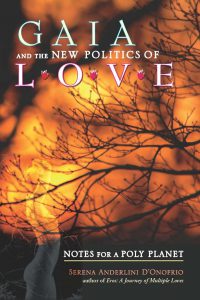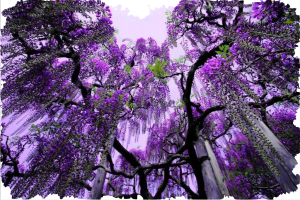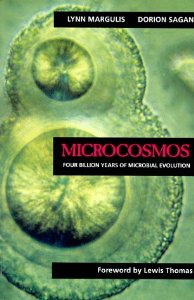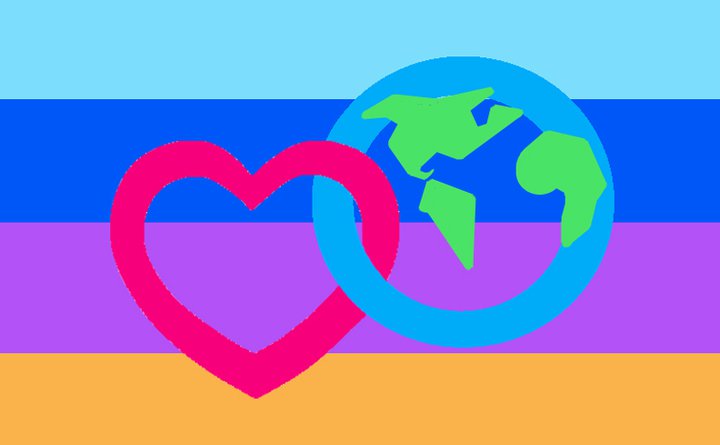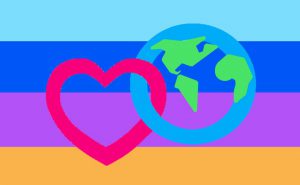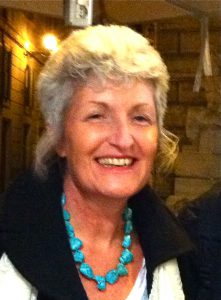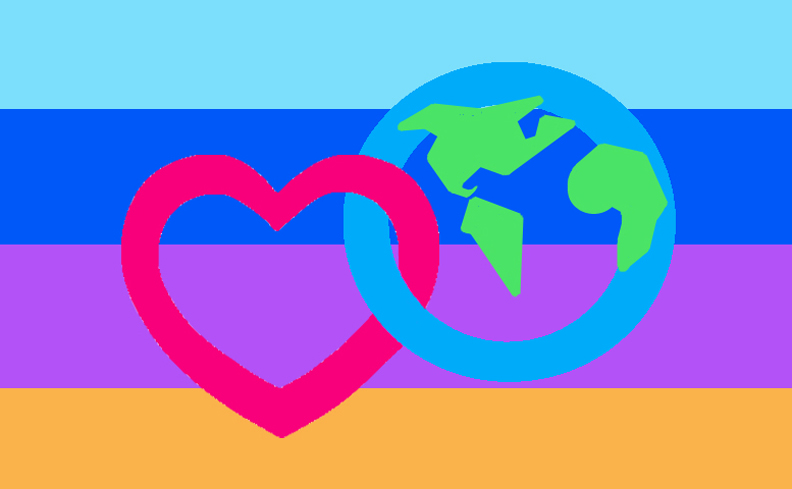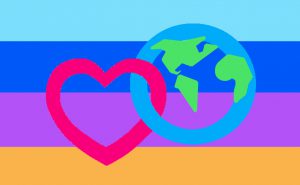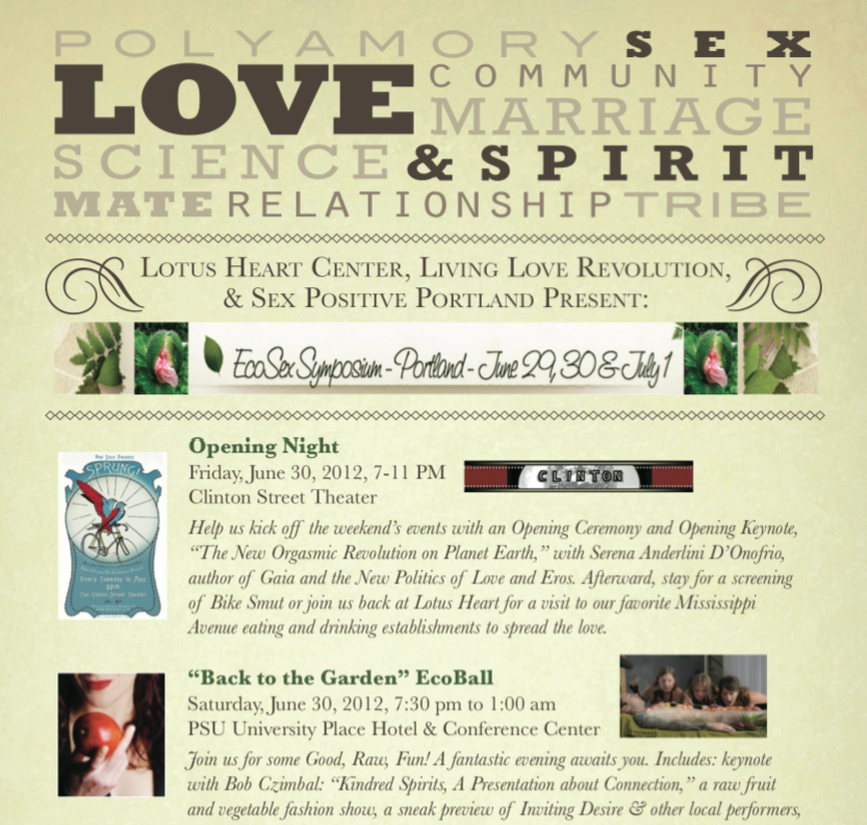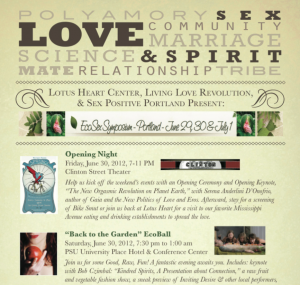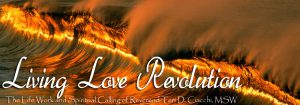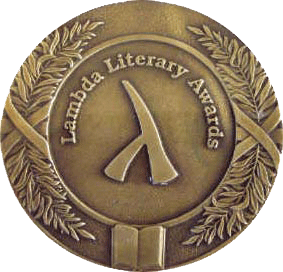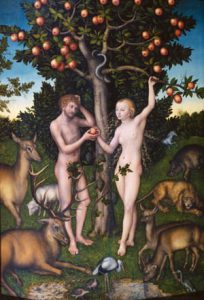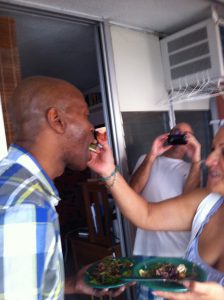Dear Earthlings:
The EcoSex course at U Conn is in process. It’s a great experience. We are reading amazing books. Thinking out of the box and across disciplines. Students are sending their responses in, with discussion questions. In class, we connect the dots: a holograph of what we’ve read together, the “required readings.” Multiple perspectives and good synergy. Here, we offer a glimpse. Stefanie Iris Weiss’s EcoSex: Go Green Between the Sheets, was one of two introductory books. We got five responses: from John, Alex, Adam, Rhiann, Alissa, and Michael.
Here’s John’s take:
Weiss wrote a very intriguing book that sent me to my cabinet on numerous occasions. I found that all the items I use in my shower – my shampoo, conditioner, soap, and even my shaving cream – all contained various toxins she listed. I was too afraid to reach into the fridge and check those out as well. But I did start drinking my coffee black.
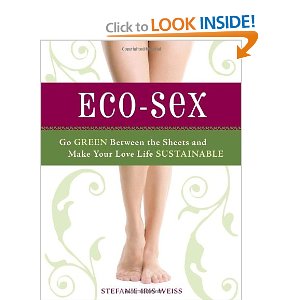
That said, Weiss makes me hate my life. Reading her book thoroughly makes you want to inspect every aspect of your existence, from not only reducing your general carbon foot print, but checking the brand of your shower curtain. At some point it just gets to be too much, though the general philosophy and spirit of the book is something I can get behind, I don’t have time for my class schedule never mind going through my house and checking every material good to make sure it has been eco certified. While I will certainly make a conscious effort to try and get the more intimate things of my life (shaving cream, for example) from a more eco-friendly source, the sad truth is that I, like most of society, simple can’t afford a perfectly ecological lifestyle. I worked (and am still involved with) a permaculture farm in Old Saybrook. The farmer is one of the most ecological and least consumptive people I know. His diet consists mostly of what he grows, and feeds his chickens with restaurant scrapings. He lights his house with candles, but I’m pretty sure they aren’t from Rawganique. That doesn’t make him unecological (not that Weiss is making that argument). The Weiss book is a handy companion to find alternatives to our consumptive lifestyle, but I couldn’t slug through every single word of her recipes and alternative finds (I don’t use dildos, and I’m very comfortable with my mattress and pillows, thank you very much).
The recipes (the food sounds delicious) weren’t all that bad. What bothered me were all the statistics that precluded the recipes. Weiss wrote a 203 page book and included 40 citations. For a work that cited as many alarmist statistics as she does, that’s not nearly enough citations. For a published work making pretty declarative claims, that’s a big deal. Especially since we, as students, would get an F for making as many unsourced claims as she does. I can’t account for the veracity – or falsity for that matter – of most of her claims, but for example, my Dad replaced all the pipes of our house once with copper piping. It was a big deal because most developers are using some new plastic “flexi-pipe” because it’s cheaper than copper. The reason flexi-pipe is cheaper than copper is because we’re very quickly approaching peak copper in society. But on page 135, Weiss calls copper “an inexpensive and readily available metal.” My red flags waved and a quick Internet search for “peak copper” yields thousands of results and sources for the rising price of an increasingly rare metal. While I’m on board with the environmental movement, Weiss seems to make the argument that everything in our homes will give us cancer and murder us while we are sleeping.
I enjoy her bit on Tantric Sex and intimacy. As someone who’s practiced those things, it’s definitely an awesome inclusion and a nice sigh of relief in a book that’s filled with mostly lists of alternatives to our deadly cosmetics.
To contrast the Tantra, I wasn’t on board with her Abortion section on pages 139-40. I consider myself a quiet Pro-Life advocate. I’m a man, so I won’t ever have to make that decision personally, therefore I try to keep my opinions to myself and just try to help in any way I can. I think the truck that Conservative organization drives around campus is insane and should be criminal. I think our society needs to not stigmatize bastard births, unmarried parents, and most importantly, needs to get on the adoption train. Reading a lot of “Green Literature” already makes me feel like an outcast: the overwhelming use of the pronouns “her” and “she” automatically directs environmentalist literature toward women, labeling her section on abortion “Your Choice” and automatically saying “Yea abortion, not a big deal” makes me feel even more so. I don’t know any Pro-Choice advocates who say abortion isn’t a big deal, or something to do on a whim. Instead of coming off with a sympathetic eye to readers who might not be on board the abortion train, Weiss assumes her reader is female and doesn’t mind having an abortion. As a man who already feels outcast in this genre of literature, she doesn’t have to rub it in.
Overall, I found the book’s philosophy fascinating and a lot of the methods and suggestions innovative. But I felt self-conscious the entire time knowing I was not her target audience, and now understand why so many of my peers are resistant to this subculture. Not only that, but her lack of citations calls her credibility into question and doesn’t inspire confidence.
Questions for Discussion
1. Is abortion an environmentalist issue?
2. Why does (or doesn’t) an environmentalist have to be Pro-Choice?
3. How can we introduce Vancouver’s 100-Year Sustainability Plan to local communities?
–>
John D. Nitowski
Published with permission
WGSS 3998 – Ecosexuality and the Ecology of Love
Prof. Serena Anderlini-D’Onofrio
U Conn, Storrs, Spring 2013
Dear Earthlings:
Let “nature” be your teacher in the arts of love. Education is the heart of democracy, education to love. Come back for more wonders: Students Responses to appear every Tuesday. Book Reports to be scheduled soon. Check out our summer offerings: Ecosexuality in Portland, OR, July 17-21. Info and Registration here!
Namaste,
Serena Anderlini-D’Onofrio, PhD
Gilf Gaia Extraordinaire
Author of Gaia, Eros, and many other books about love
Professor of Humanities
University of Puerto Rico, Mayaguez
Follow us in the social media
Author’s Page/Lists all books:





http://polyplanet.blogspot.com
 The author presents a new perspective of that opposing the media and the greenwashing or brainwashing they lead members of society to believe absurd ideas. I like how the author still allows the reader to hold their own opinion, but allow them to view the situation from an alternate perspective. The author shows how the media and pharmaceutical companies make people insecure about problems that may be easily fixable. Stephanie Iris Weiss allows her readers the freedom to be themselves while reading. She does not force any ideas upon her readers, but gives them sources to back up her opinions and the ideals of eco-sexuality.
The author presents a new perspective of that opposing the media and the greenwashing or brainwashing they lead members of society to believe absurd ideas. I like how the author still allows the reader to hold their own opinion, but allow them to view the situation from an alternate perspective. The author shows how the media and pharmaceutical companies make people insecure about problems that may be easily fixable. Stephanie Iris Weiss allows her readers the freedom to be themselves while reading. She does not force any ideas upon her readers, but gives them sources to back up her opinions and the ideals of eco-sexuality.

